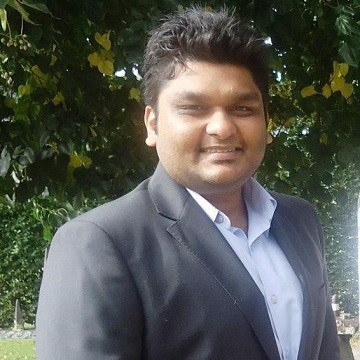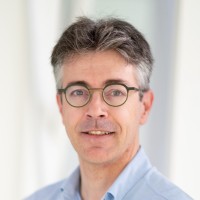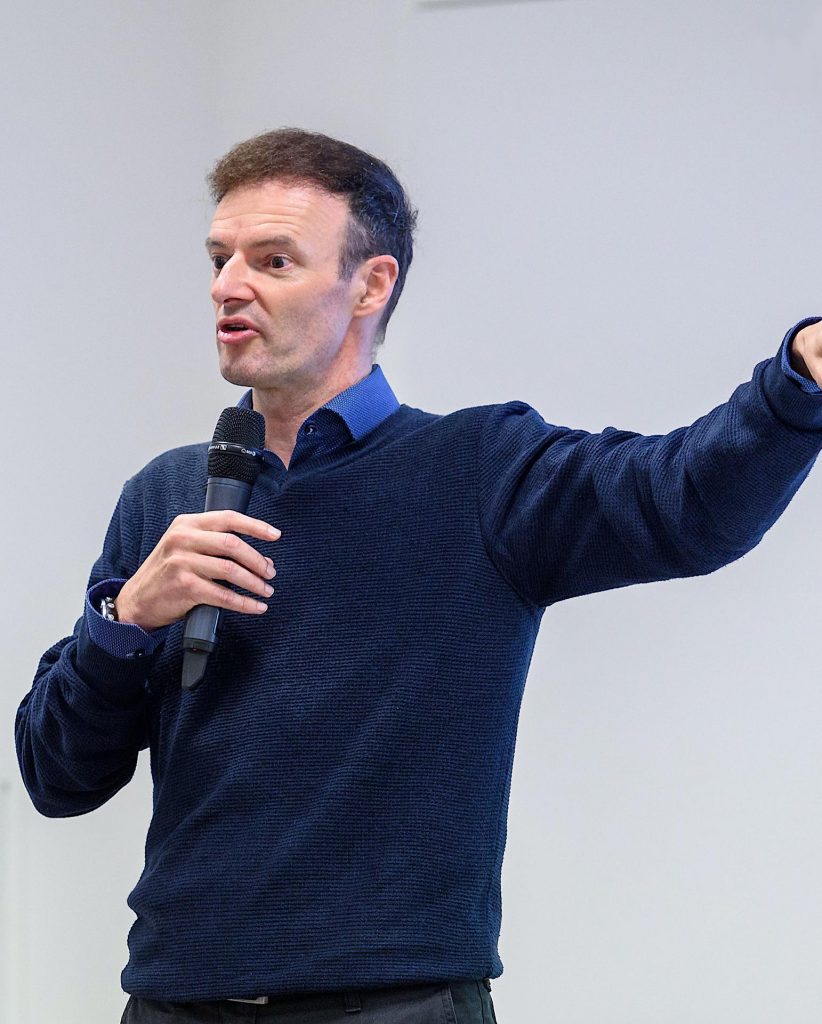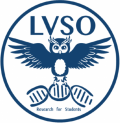Wij interviewden enkele van de meest vooraanstaande biomedische wetenschappers aan KU Leuven: hoe zijn zij, vele jaren geleden, zelf begonnen met onderzoek?
Redactie: Elke Ausloos & Wannes Vanoyenbrugge

Serie 1: Hallmarks of Cancer

Laboratory of Cell Stress & Immunity
Cancer cells severely dysregulate or inhibit various components of the immune system, both locally in the tumour and systemically, compromising the ability of the immune cells to resolve the dysregulation of cellular stress responses.
The laboratory of Cell Stress & Immunity, headed by Prof. Abhishek D. Garg is unraveling the tumoral dysregulation of the stress-immunity cycle and its immunotherapeutic vulnerabilities. The research aims to improve immunotherapy of hard-to-treat cancer types (e.g., brain cancer, colorectal cancer, kidney cancer), guided by high precision immune-biomarkers.
Do you recall when you first engaged with research? Was there a program such as Student-Research program during your studies?
I first engaged with research during my Bachelor’s degree in Biotechnology, in India. It was aimed at creating an in vitro method to simultaneously study both positive (toward glucose) and negative (away from antibiotics) bacterial chemotaxis in the same culture setting. It was a very fascinating experience – to try and solve a methodological issue while observing how bacterial chemotaxis behaves. This was part of an undergraduate student research program created at our department at that time. At a very early stage of my career this was an inspiring experience.
Do you have any general advice for our young student researchers?
In research, always strive for creative problem-solving driven by a balance between curiosity and a sense of purpose. A sense of purpose allows you to focus your research (e.g., wanting to create therapy against a specific disease). But at the same time it shouldn’t narrow your creativity. You should be curious about all aspects of your results, whether negative or positive, because you never know when and where the solution arrives! And finally, don’t be afraid of failure! Resilience and persistence is the key to success – so it is essential in research to never lose your enthusiasm!
What is the core focus of your research group?
The Cell Stress & Immunity (CSI) Lab is located within the Department of Cellular & Molecular Medicine (CMM) at KU Leuven. We focus on using novel reverse translational approaches powered by multi-omics and spatial mapping to solve cancer immunology & immunotherapy mysteries! Reverse translation, defined as the ability to move from a clinical concept (human data) to preclinical validation (animal models), is achieved by our lab through the bridging of high-content cancer patient data with tailored mouse tumor models. This bridge is facilitated by high-resolution omics, computational immunology cross-connected to functional immunology, and artificial intelligence (AI). Using this approach, the CSI lab is aiming to create next-generation biomarker-driven cancer immunotherapies (e.g., anticancer vaccines, novel antibodies) to hasten progress in immuno-oncology and help improve the therapeutic outlook for cancer patients. Here we especially (but not exclusively) focus on hard-to-treat cancers like glioblastoma, colorectal cancer, kidney cancer, and metastatic disease. Our research is already being translated via clinical trials and industrial valorization. We work in an intensively collaborative fashion with leading researchers, immunologists, technology platforms and oncologists, in Belgium and abroad, to achieve our ambitions.

Laboratory for Molecular Biology of Leukemia
“We try to understand the genetic complexity of leukemia, with the aim to use that information to develop novel treatment strategies.”
Could you, in a few sentences, summarize the core of the work in your research group or an ongoing research project?
We try to understand the genetic complexity of leukemia, with the aim to use that information to develop novel treatment strategies.”
We have used next-generation sequencing to identify the spectrum of chromosomal rearrangements and mutations present in acute lymphoblastic leukemia (ALL), and we are using single-cell sequencing approaches to obtain a view on the heterogeneity of the leukemia cells. Single-cell sequencing can provide information on the order of mutation acquisition, on the cell of origin, and on the sensitivity of the different leukemia clones to chemotherapy or targeted treatments. Moreover, we are generating cell models and mouse models to study how oncogenes cooperate with each other and drive leukemia development and progression. In collaboration with the UZ Leuven, we are biobanking leukemia samples and we generate patient-derived xenograft mouse models (PDX models) to study new therapeutic options.
Do you recall when you first engaged with research?
I got limited research training during my studies as bio-engineer, but it all started when I could do research for my master thesis (last year of the master). I studied the JAK2 gene for my master thesis and how it was implicated in leukemia development, and since then I have always been doing leukemia research.
Do you have some general words of advice for our young student-researchers?
If you are interested in research, start early, during your studies. This will help you to gain expertise, to learn what research is, and it will be important to build your CV and illustrate your interest in research. Try to get experience in different labs, with different technologies so that you learn what you like (and not like).

Laboratory of Lipid Metabolism and Cancer
Fun fact: professor Swinnen has given many talks and workshops for LVSO!
Do you recall when you first engaged with research? Was there a program such as Student-Research program during your studies?
I first engaged in research during my master’s thesis. Afterwards, I voluntarily worked on a research project during the summer break, though there was no official structure like Student Research. A few months later, I took a leap into the unknown and began a PhD project in the USA, where I became immersed in high-level research that significantly boosted my research career. I also spent some time at the University of Rome, and after obtaining my PhD, I returned to Leuven, where I later established my own research team.
Do you have any general advice for our young student researchers?
Believe in your dreams and hold onto them, but remain self-critical and continually question your own research. Dare to dive into the unknown and explore new fields. If possible, go abroad and work with leading experts in your field. This will contribute to your personal growth and may open doors for your future career. Collaborate and be loyal to your colleagues, as research today is a team effort. Remember that through your work, you can give back to society and improve the lives of those in need.
What is the core focus of your research group?
Our research team focuses on altered lipid metabolism in cancer. Using state-of-the-art lipidomics and spatial multi-omics technologies, we have made the intriguing observation that the development and progression of cancer are almost invariably accompanied by dramatic changes in cellular lipid composition. Since lipids play key roles in numerous cancer-associated processes—such as membrane formation, signal transduction, energy metabolism, cell-cell communication, and cell death mechanisms—this observation has contributed to the paradigm that cancer cells modulate their lipid composition to survive and thrive in a changing and harsh microenvironment. Our team has identified several targets related to fatty acid synthesis and complex lipid metabolism, aiming to translate these findings into innovative combinatorial treatments that exploit tumor-associated alterations in lipid metabolism. In collaboration with research teams worldwide, these findings have led to the initiation of a first personalized clinical trial targeting lipid metabolism in cancer.
Lorem ipsum dolor sit amet, consectetur adipiscing elit. Ut elit tellus, luctus nec ullamcorper mattis, pulvinar dapibus leo.
Lorem ipsum dolor sit amet, consectetur adipiscing elit. Ut elit tellus, luctus nec ullamcorper mattis, pulvinar dapibus leo.

 Dutch
Dutch English
English French
French German
German